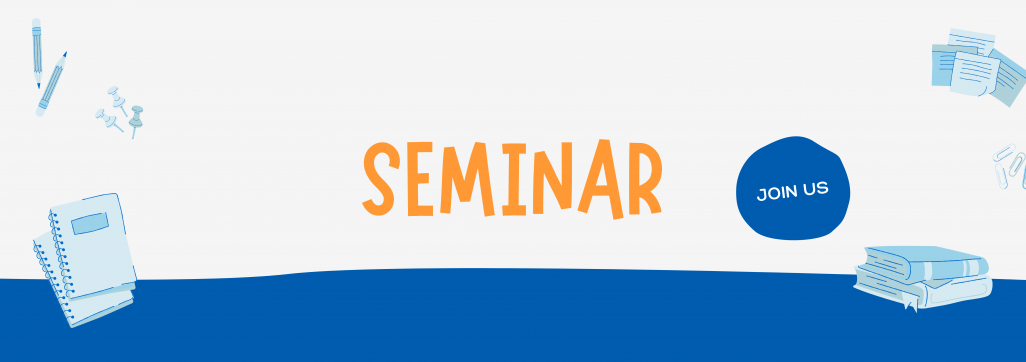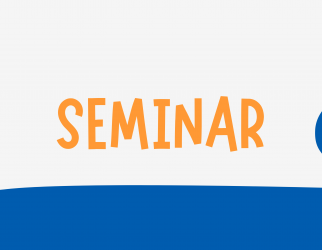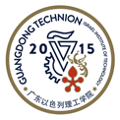
Artificially Intelligent Medical Nanosensors for Clinical Decisions
Title
Artificially Intelligent Medical Nanosensors for Clinical Decisions
Speaker
Professor Hossam Haick (Technion, Department of Chemical Engineering and The Russell Berrie Nanotechnology Institute (RBNI) )
Host
Prof. Yan Wang (GTIIT, Chemical Engineering)
Time and Location
Oct. 10, 2022, Monday, 16:00pm-17:00pm (China Time), 11:00am-12:00pm(Israel Time), E410 (Education building, 4th floor)
Language
English
Zoom
https://gtiit.zoom.us/j/6371097859
Abstract
Patients are often diagnosed too late or wrongly as their disease condition progresses or undergo unnecessary treatment due to an inaccurate diagnosis resulting from the limited ability of conventional methods and the limited perspective of human diagnostics. This talk will focus on a new paradigm for the development of advanced clinical decision-support systems (CDSS) based on medical nanosensors to aid decision-makers and help healthcare systems to improve the way they approach the information, insights, and the surrounding contexts as well as to promote the uptake of personalized medicine on an individualized basis.1-3 The starting point of this paradigm is the deployment of machine learning to allow for Artificial Intelligence (AI) training by combining multiple datasets from past medical records of hundreds of thousands of patients, to identify patterns of the disease conditions within the big data ocean (Figure 1). The obtained CDSS-enable AI algorithm are then enriched with new data from a range of existing and novel tools for enabling accurate pre-screening and diagnosis while providing the most comprehensive information on the sub-type, stage, grade, and genetic mutations, etc. (Figure 1) Relying on these milestones, wearable sensing devices could enable interactive and evolving clinical decisions that could be used for evidence-based analysis and recommendations as well as for personalized monitoring of disease progress and treatment (Figure 1). Ultimately, the outcome is a detailed health status assessment from multiple viewpoints that is systemic and easy-to-use for clinical purposes, leading to improved diagnostic accuracy, increased effectiveness, and enhanced treatment efficacy. The challenges and future opportunities associated with AI-enabled non-invasive medical nanosensors in clinical decisions will be presented and discussed.

Figure 1. Conceptual diagram artificial intelligence (AI) tools and personalized clinical decision support system (CDSS) for integrating a wide spectrum of data and disease diagnosis.
References
- Haick, H.; Tang, N. ACS Nano 2021, 15, 3557–3567.
- Y.; Tang, N.; Omar, R.; Hu, Z.; Duong, T.; Wang, J.; Wu, W.; Haick, H. Adv. Funct. Mater. 2021, 31, 2105482.
- Wu, W.; Haick, H. Mater. 2018, 30, 170502.
Biography
Hossam Haick is a Full Professor in the Technion – Israel Institute of Technology and head of five major European consortia. Highly multi-disciplinary in nature, the research of Prof. Haick focuses on novel solid-state and flexible devices/sensors as well as electronic sensory nanoarrays non-invasive diagnosis of diseases via volatile biomarkers. Prof. Haick’s comprehensive approach comprises materials and device development, system integration, testing in lab and clinical environments and exploitation of project results/hardware. Prof. Haick has received more than 72 prizes and recognitions, including the Knight of the Order of Academic Palms, the Humboldt Senior Research Award, the “Michael Bruno” Prize, the Changjiang Award, the OXYGEN Award, etc. He was also included in more than 42 important ranking lists, such as the of the world’s 35 leading young scientists by MIT Magazine (2008), top-100 innovators in the world (2015-2018) by various international organizations, etc.
Websites: http://lnbd.technion.ac.il | http://sniffphone.eu/ | www.lcaos.eu
Speaker
-
Professor Hossam Haick
Local Time
- Timezone: America/New_York
- Date: 10 Oct 2022
- Time: 4:00 am - 5:00 am


